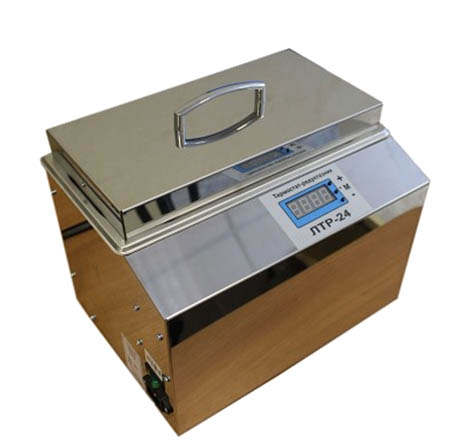Bloomberg has learned that the EU has postponed negotiations on the ceiling of oil prices

EU talks on an oil price ceiling have been postponed due to disagreements between the countries, they may resume on Friday, Bloomberg reports, citing informed sources.
“Negotiations on the G7 proposal, which were originally supposed to resume on Thursday evening, have been postponed as diplomats need time to overcome differences among member states <...> Negotiations may resume on Friday, but may later,” the statement says. agency message.
Earlier, the newspaper Politico reported that most EU countries supported the proposal to introduce a cap on oil prices from Russia at $65-70 per barrel. At the same time, according to the publication, Poland and Greece opposed. Warsaw insists on setting a price ceiling at $30 per barrel, while Athens insists on a price above $70, writes Politico.
The oil price ceiling was also discussed on November 24 by US President Joe Biden and US Treasury Secretary Janet Yellen, Reuters reports. Biden noted that the topic of imposing a ceiling on oil prices from Russia is "still on the agenda."
Szijjarto announced the "liberation" of Hungary from the ceiling on oil prices Politics
After the start of the military operation in Ukraine, the G7 countries agreed to impose a ceiling on oil prices from Russia. The restrictions include "a ban on insurance and financing of tankers carrying Russian oil at a price above the agreed limit." In October, the introduction of this measure was also approved by the European Union, it will come into effect from December 5 for crude oil and from February 5, 2023 for petroleum products.
Read on RBC Pro How a CFO can keep a job in 2023 Why investors blindly believe in “fabulous” projects - The Economist You are learning English for work, but so far everything is in vain.How to fix it Where in Europe Russians can get a residence permit and then open a bank accountThe price ceiling has not yet been agreed upon: initially a range of $40-60 per barrel was discussed, but Yellen later suggested setting a cap at $60, as this would reduce Russia's energy revenues, but at the same time ensure profitable production. The European Commission proposed setting a price limit of $65-70 per barrel, but the Baltic countries and Poland considered this proposal "too generous" for Moscow, Bloomberg reported.
The Wall Street Journal previously reported that the EU countries and the G7 are discussing the introduction of a price ceiling of $60 per barrel. According to the publication, the US is in favor of imposing a "high enough" price cap for Russia to continue exporting raw materials.
Russian officials have repeatedly said in the past that Moscow will not supply oil to countries that impose a price ceiling on it. Both Russian President Vladimir Putin and Deputy Prime Minister Alexander Novak, who oversees the energy industry, spoke about this .




























































